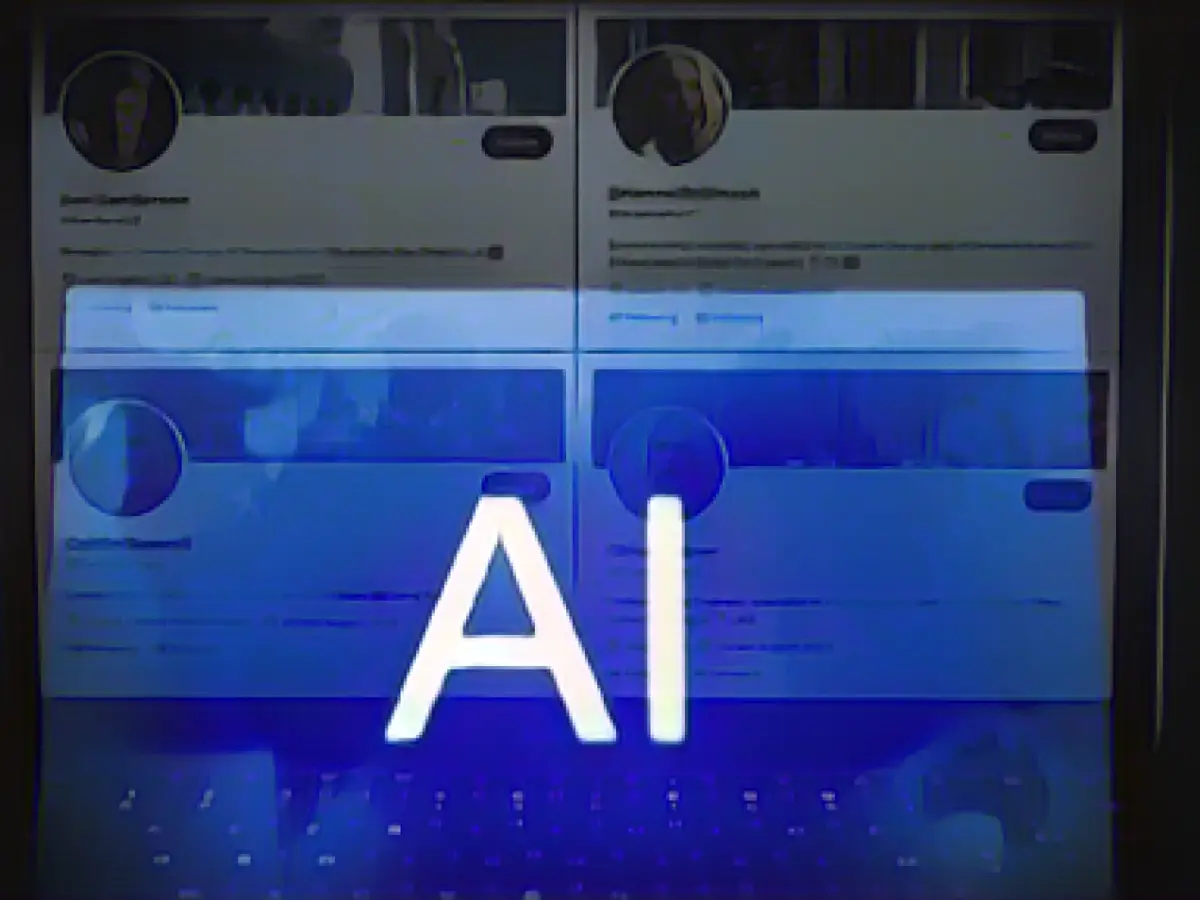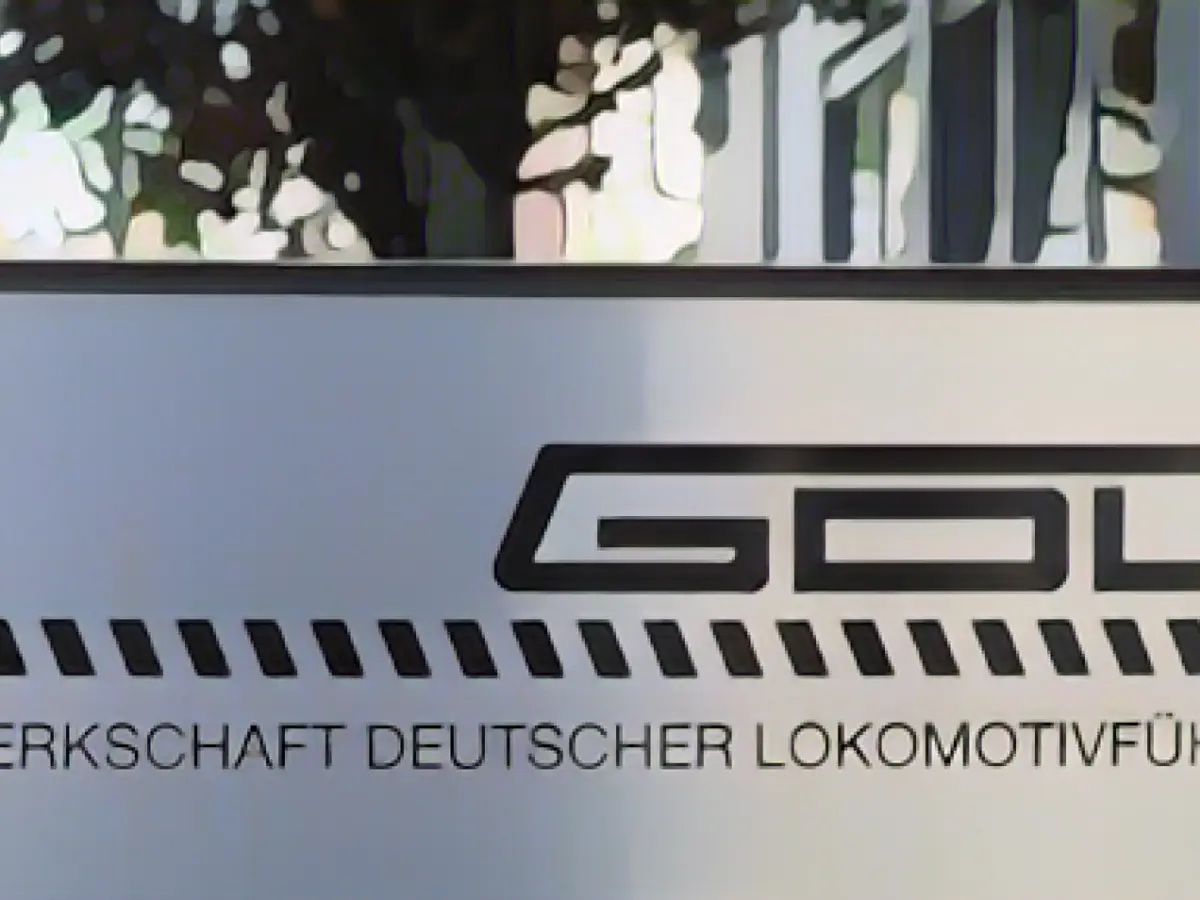EU's AI Negotiation Pause: Understanding the Shift
The European Commission, under President Ursula von der Leyen, initially proposed a regulatory framework for artificial intelligence (AI) usage in April 2021. In an agreement, Europe could lead as a global pioneer in AI, with strict guidelines expected for "high-risk applications" like self-driving vehicles.
However, recent warnings from major member states, including Germany, France, and Italy, have highlighted concerns about stringent regulations hampering the progress of this emerging technology. Germany's Digital and Transport Minister, Volker Wissing (FDP), urged the EU to adopt a unified global approach—emphasizing the importance of avoiding isolation.
The Postponement and Its Implications
The EU Commission announced the postponement of negotiations on AI, leaving many to ponder the direction and timing of future discussions. Thierry Breton, the EU Commissioner for Internal Market, has kept the public informed on Twitter about the progress and challenges of these negotiations.
The European Parliament remains committed to safeguarding the ethical use of AI, ensuring Europe continues to lead AI developments, subject to responsible and transparent practices. Despite the pause, the debate around the EU's negotiating strategy and its impact on Europe's technological standing in the global context is heating up.
The EU and AI Regulations: A Brief Overview
Withdrawal of AI Liability Directive Proposal:
The European Commission's proposal for an AI Liability Directive, aiming to modernize existing rules and provide uniform protection against AI harms, faced criticism when withdrawn. Major concerns include the creation of legal uncertainty and corporate power imbalances, leading to a potentially "Wild West" approach to AI liability.
Current Legislative Process:
Although the Commission withdrew its proposal, the Council and European Parliament remain engaged in the legislative process, with some questioning the Commission's decision to limit its power during ongoing negotiations.
Stance of Major Member States and the European Parliament:
European Parliament: Lead lawmaker Axel Voss opposes the withdrawal, warning of legal uncertainty and negative impacts on European AI startups and SMEs.
Member States: Skepticism surrounds the need for additional regulations, but growing concerns emerge over the risks associated with AI language models, like ChatGPT and Claude.ai.
AI Act and Guidelines:
The EU's AI Act, effective from August 2025, broadly regulates AI systems and imposes significant restrictions. The Act categorizes AI systems, banning practices that jeopardize fundamental rights and public trust. Guidelines pertaining to prohibited AI practices have been published, aiming to clarify unacceptable applications and foster a safer digital ecosystem.
In conclusion, the postponement of EU negotiations on AI regulatory frameworks has sparked debate about the EU's strategy and its implications on Europe's technological standing. The withdrawal of the AI Liability Directive proposal has met with resistance from the European Parliament and some member states, while the AI Act and guidelines continue to shape the regulatory environment, balancing technological innovation with fundamental rights and European values.








